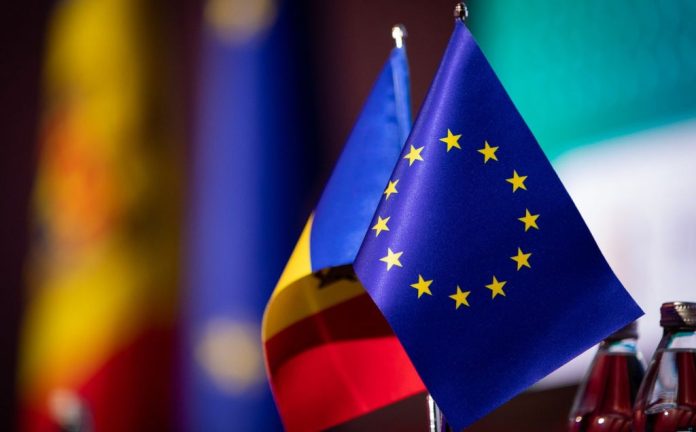On June 23, 2022, the Republic of Moldova and Ukraine became candidate countries for accession to the European Union. The European single market and common regulatory environment dictate the need for harmonized legislation across all member states, including tax legislation.
As a result, granting candidate status for EU accession requires accelerating efforts to determine when and to what extent Moldova and Ukraine will be prepared to join the European family.
Experts are already indicating where legislators and regulatory authorities should focus their efforts.
“At present, excise tax is one of the most harmonized taxes in the EU. Countries seeking to join this integration entity should consider the general European legislation requirements for excise on tobacco products, as well as the approaches of EU countries regarding the determination of relevant excise rates,” states the research conducted by the Growford Institute.
The Republic of Moldova and Ukraine have different approaches compared to EU member states regarding the taxation of conventional cigarettes and new products, such as heated tobacco products and e-liquids for e-cigarettes. According to the Growford Institute, the European Commission has recommended that member states implement differentiated excise taxation for these products.
FOR THE MOST IMPORTANT NEWS, FOLLOW US ON TWITTER!
“As such alternative products have become more widespread and popular among consumers, many legislators have agreed to create a separate category of excise for them. Currently, all EU countries have a lower excise for such products compared to conventional cigarettes,” the study also mentions. The average difference in excise between conventional cigarettes and innovative, less harmful products in the EU is 66.3%.
Therefore, countries seeking EU accession will need to make efforts to implement different excise rates for different categories of tobacco products before joining.
“Ukraine is almost the only jurisdiction in Europe, apart from Moldova, where excise taxes for smokeless devices are set at the same level as those for cigarettes. This happens even though all EU member states, along with the UK and Switzerland, set lower excise taxes for these products than for traditional cigarettes. Given this, Ukrainian excise policy faces an extremely difficult task, which should simultaneously ensure an optimal balance between public health, European integration processes, and achieving budgetary objectives,” says Oleg Ghetman, an economist and specialist in fiscal administration at the Institute of Socio-Economic Transformations.
Tatiana Koșciuk, a co-author of the Growford Institute study, noted that as of April 2023, on average, excise taxes for smokeless devices were 3.5 times lower in EU countries compared to those for cigarettes, primarily due to potentially reduced health risks associated with the use of state-of-the-art devices.


